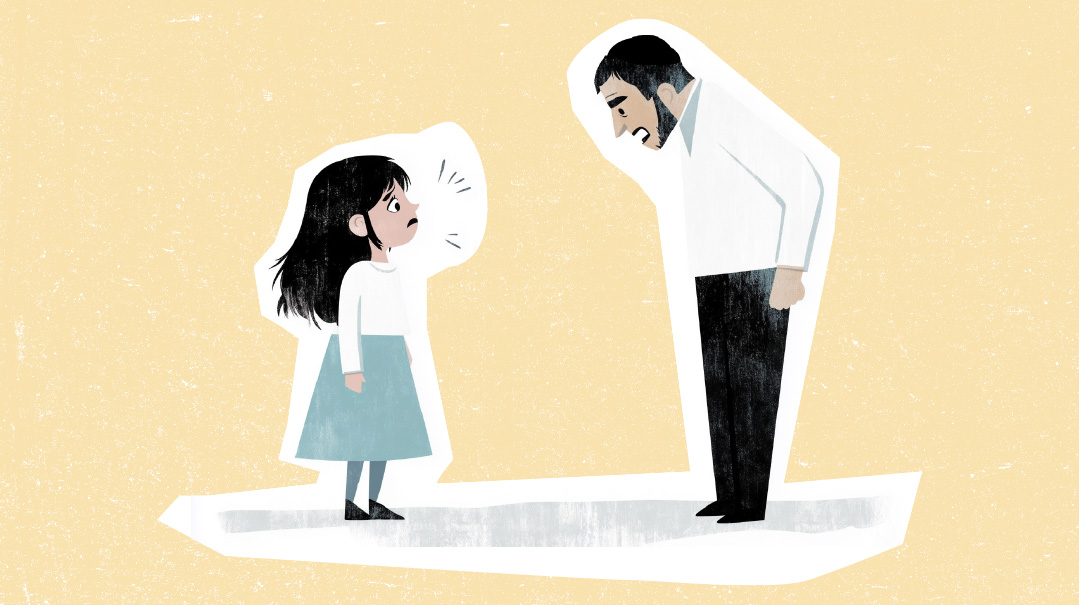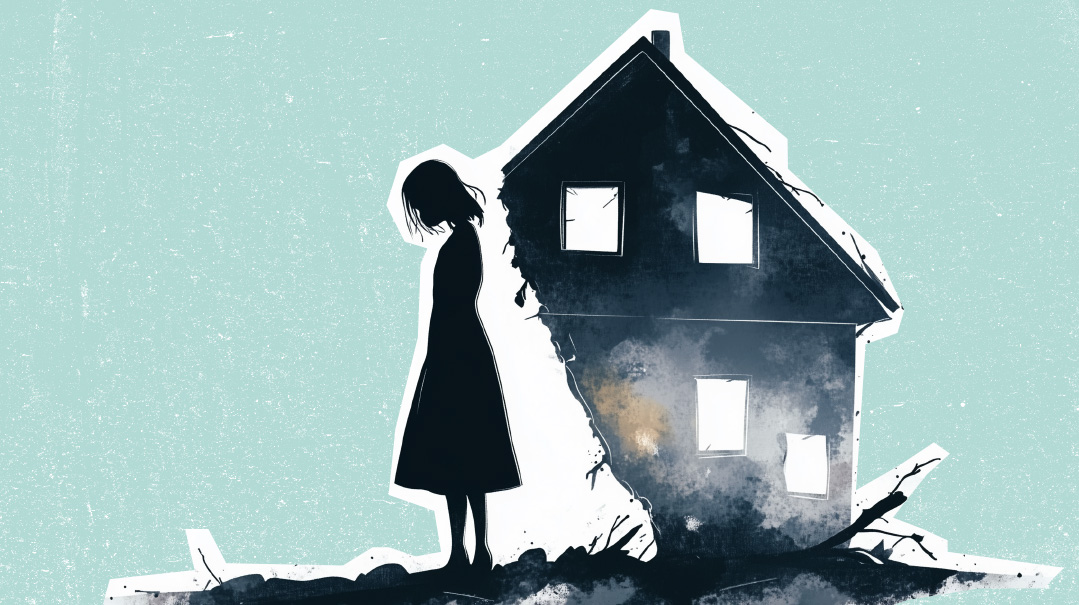“Should I Correct My Daughter’s ‘Misremembered” Version of Events?”

Her negativity, resentment, and distorted memories bring her no joy

AS my daughter moves through her teens, she’s starting to voice a lot of anger and resentment about her childhood. However, the details are very distant from reality. For example, she complains that we were the only family who didn’t do fun things on Sunday, when in reality we went on small trips together at least once or twice a month (and at the time, she enjoyed them). She’s complaining that we didn’t let her go to sleepover camp in seventh grade — but she was the one who turned down our offer of camp because she wanted to stay in the bungalow colony so she could be a mother’s helper and earn money. She keeps mentioning scenarios and details that are just not true. I realize I need to validate the pain she’s in. But what’s next? Should I correct her and point out the ways in which she’s misremembering, or just let her vent about her version of events?
WE humans are extremely subjective. “Reality” isn’t a thing for us; we have strong filters and biases that constantly distort our vision. As a result, most of us are blinded by our few problems to the extent that we can’t notice or acknowledge the outpouring of daily gifts bestowed upon us by our Creator.
Some of us inherit particularly “frightened” genes, seeing danger and threat around every corner, and others inherit particularly “black” genes, having a knack for discovering what’s wrong with everything and everyone they encounter. One of life’s tasks is, in fact, to learn how to alter these filters in order to become more consistently satisfied, joyous, and appreciative.
This is true for your daughter as well. Her negativity, resentment, and distorted memories bring her no joy. Eventually, she’ll probably notice this and — like most of us — undertake a project to become happier and more content. However, this rarely happens before adulthood. Young people have a greater investment in the idea that happiness comes from external forces — ideal situations and relationships — rather than from one’s internal mental world.
Due to this thinking, they can find endless reasons for discontent, because all of our situations and relationships are flawed and lacking. If we want to wait until everything and everyone is perfect before we can experience joy in living, we will still feel the way your daughter feels when we’re centenarians!
Acknowledging Her Pain
As you suggest, validating her pain can be helpful, at least in some small way. Unless you were a truly neglectful or hurtful parent, there’s no need to apologize for depriving or harming her. She feels she lost out on family outings? A short, quiet acknowledgment will do.
Daughter: “Everyone in my class had amazing family trips every Sunday while we never did anything special.”
Mother: “Sounds like you feel that you missed out.”
Daughter: “Yes, our home was the worst.”
Mother: “I can see it didn’t work for you.”
Then move on. You are not arguing about the facts, defending yourself or your parenting style, or otherwise correcting her. However, choose an appropriate time later on to let your daughter know that she is welcome to express her feelings respectfully but never disrespectfully. Insulting you or your home is unacceptable (you can quote the appropriate Torah sources if you like). There is no excuse for verbally abusive behavior, no matter how “deprived” the young lady feels.
Seeking Help
There is also a question about your daughter’s goal in complaining to you in the first place. Why does she tell you about these grievances from the past? Is she so resentful over small issues? Perhaps this is a cover-up for something deeper that’s troubling her.
If this new behavior doesn’t make sense in the context of an otherwise happy home and decent parent-child relationship, ask her if something more is bothering her. Or, is she seeking negative attention because, when she complains about things, you tend to talk to her at length about her feelings and/or inaccurate perceptions? Because the latter certainly can happen, it’s important for you not to reinforce this new habit with retorts, explanations, or other “quality” interactions.
Instead, let her know that you see her pain and that you are willing to set up a meeting with a professional counselor to help her deal with it. After all, she does have a problem that should be addressed if she’s suffering so intensely and harboring so much grief and resentment over imaginary, or even legitimate, minor losses, or if she is just generally unhappy.
A psychologist can assess whether attitude and perspective is the problem (cognitive distortions), whether other personal or interpersonal issues need to be addressed, or whether a mental health condition like depression may be at play. Therapy can help with all of these issues.
(Originally featured in Family First, Issue 796)
Oops! We could not locate your form.





